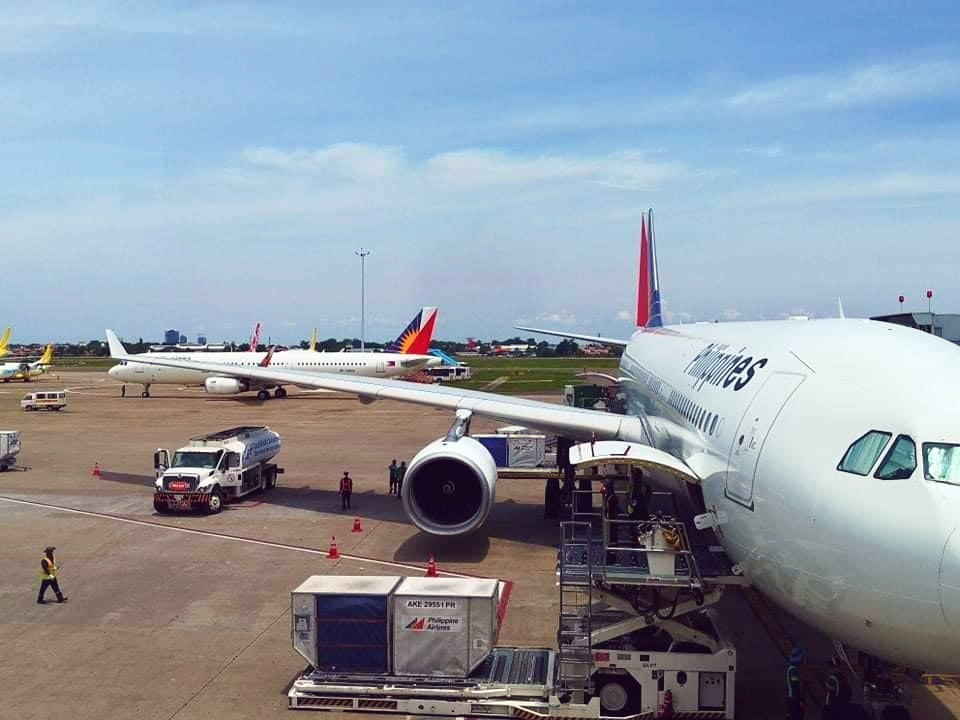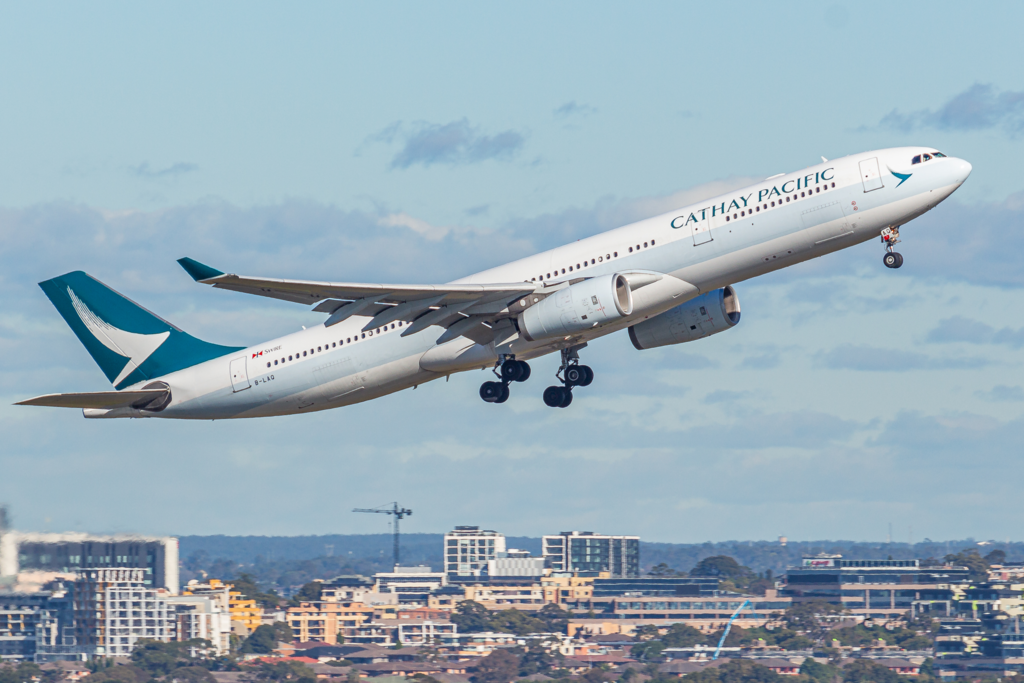Hong Kong-based airline Cathay Pacific has teamed up with nine other major carriers to form the Aviation Climate Taskforce (ACT), a non-profit organization that aims to support the development of technologies required to help the aviation sector achieve net-zero emissions.
The ACT will primarily focus on accelerating breakthroughs in innovation for critical mid-term solutions required to decarbonize aviation, such as synthetic fuels and direct air carbon capture. Over time, the ACT will also look into short-term solutions such as developing new pathways for bio-based sustainable aviation fuels (SAF), and long-term solutions such as hydrogen technologies.
Joining Cathay Pacific in the ACT are Air Canada, Air France-KLM, American Airlines, Delta Air Lines, JetBlue, Lufthansa, Southwest Airlines, United Airlines, and Virgin Atlantic. Boston Consulting Group (BCG), an American management consulting firm, is also a founding member.
According to the ACT, aviation contributed around two to three percent of global carbon dioxide emissions annually before the COVID-19 pandemic. However, this number could rise to as much as 20 percent by 2050 if nothing is done.
“Dramatically reducing emissions is a critically important but also highly challenging task facing the aviation sector. At Cathay Pacific, we recognise the importance of working with different sectors to develop the kinds of radically new technologies that will be required to decarbonise airline operations and enable us to meet our net-zero carbon emissions goal,” said Augustus Tang, chief executive officer of Cathay Pacific.
“We are very pleased to join hands with a group of like-minded organisations as founding members of the Aviation Climate Taskforce to accelerate the development of breakthrough technologies and lead the way in this very important area.”
The ACT’s pledge to help decarbonize the aviation sector comes just days before the 2021 United Nations Climate Change Conference, or COP26, in Glasgow, Scotland.
During the conference — to be held from the 31st of October to the 12th of November — host nation Britain is expected to ask countries to push for a global target to reduce aviation emissions to levels that are compatible with the Paris Agreement.
For its part, Cathay Pacific said it has pioneered efforts in decarbonization technologies over the past several years. In 2014, it became the first airline investor of Fulcrum BioEnergy, a California-based developer of SAF. Last September, the airline announced that it has committed to using SAF for 10 percent of its total fuel consumption by 2030.
These initiatives, along with its recent co-founding of the ACT, are part of Cathay Pacific’s efforts to reach net-zero carbon emissions by 2050.


























Leave a comment